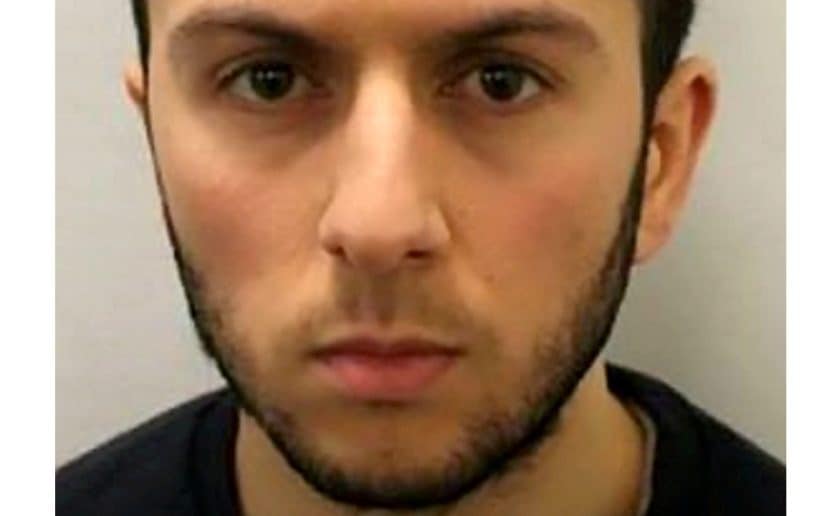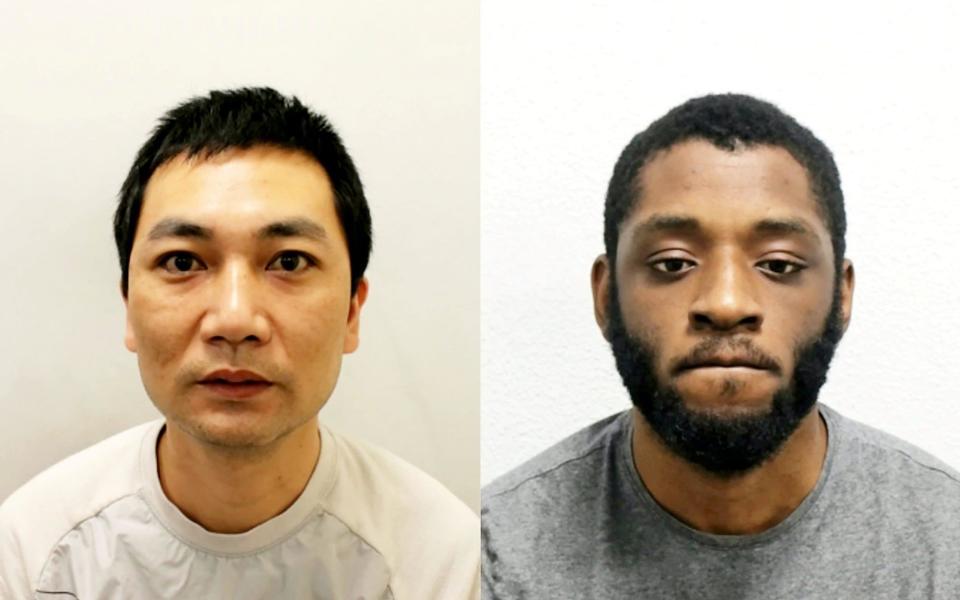Lloyds Bank worker took bribes to launder text scam gang’s stolen millions

A text scam gang bribed a Lloyds Bank worker to help them launder money stolen in a £30million con, a court heard.
Ayman Touhami, 25, took cash and gifts in exchange for using false information to set up accounts where the criminals could place money.
He was arrested after two "money mules" for the criminal gang, who would launder the money that had been fraudulently transferred into the illegal accounts, were arrested.
Detectives examined a number of messages exchanged on WhatsApp between Touhami and Quin Huang, 37, and Clarke Morgan-Findlay, 27, as well as meetings captured on CCTV.

On 31 July 2019, police officers concluded Touhami was working at the unnamed branch as a banking consultant.
Detectives requested further information regarding the bank accounts that Touhami opened and accessed, and also requested details of his own personal accounts held with the bank.
It was eventually revealed he had opened or accessed 12 accounts for Huang, used false documentation for some of them, and admitted to receiving gifts and cash for doing this.
He admitted at Inner London Crown Court to bribery, but was able to avoid prison time. He was sentenced to 18 months' imprisonment, suspended for 18 months. He was also ordered to carry out 200 hours of community work.
The court heard that the criminal network used a "smishing" plot, tricking individuals and companies using SMS text messages to induce victims to divulge their personal bank information.
The fraudulent message, often requesting a call in relation to an unusual payment, appears on the victim's mobile phone in the same message thread as genuine messages received from their bank, deceiving the victim into thinking it is legitimate.
The number the victim is asked to call is not a genuine banking number and would put them in direct contact with the fraudsters who posed as banking staff and would take the details needed to access the victim's bank account.
Recruited via Facebook, Huang and Morgan-Findley would launder the cash by shopping at high-end stores, purchase luxury items, and then send these goods to the organised criminal network.
Morgan-Findlay admitted to two counts of money laundering, while Huang pleaded guilty to three counts of money laundering and one count of bribery.
In March this year at Inner London Crown Court, Huang was sentenced to five years and six months' imprisonment while Morgan-Findlay was sentenced to two years and six months' imprisonment.
Detective Constable Angelina Pitorri, the investigating officer from the Met's Cyber Crime Unit, said: "While there's no evidence to suggest they directly defrauded the victims themselves, they clearly played a key role in this organised crime network.
"Money laundering is often glamourised in popular media, and can be thought of as a victimless crime, however every pound involved has been taken from an innocent member of the public and it has a significant impact on their lives."

 Yahoo Finance
Yahoo Finance 